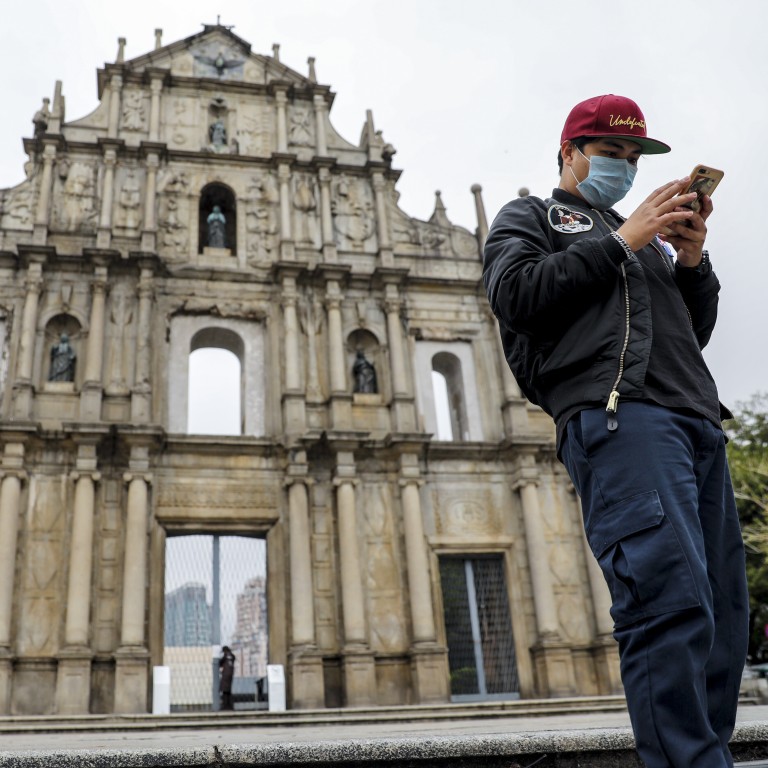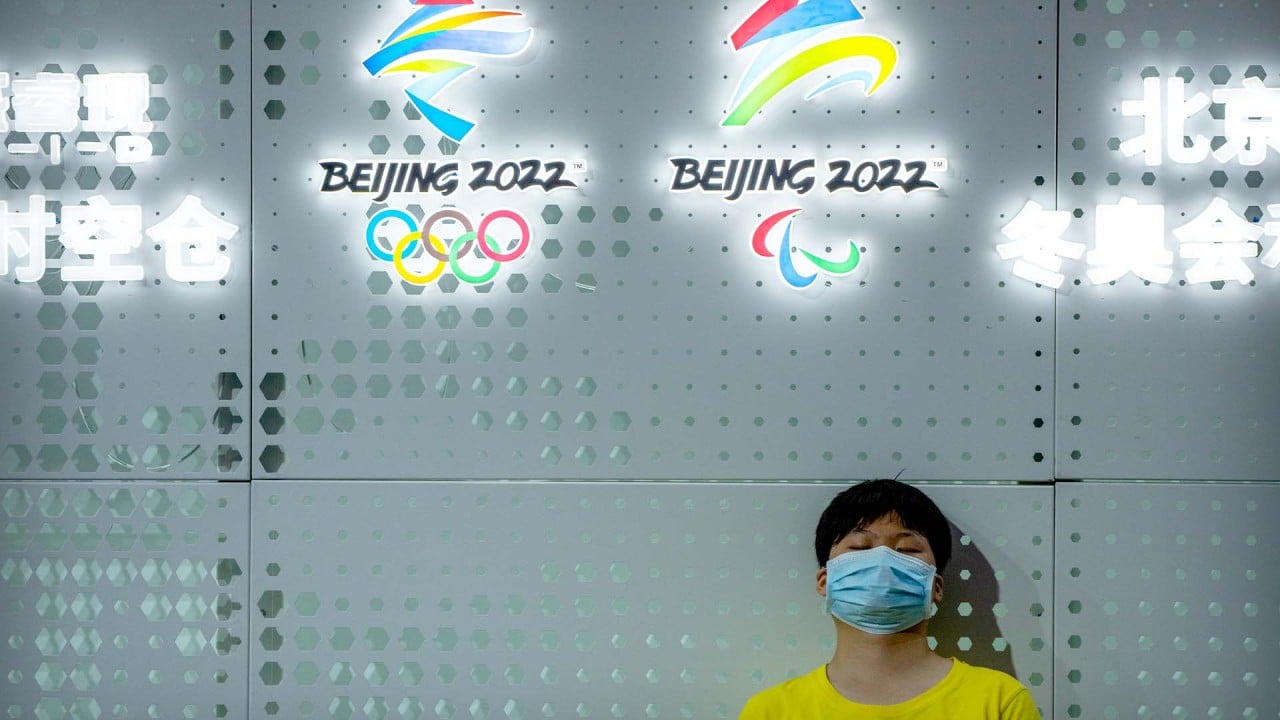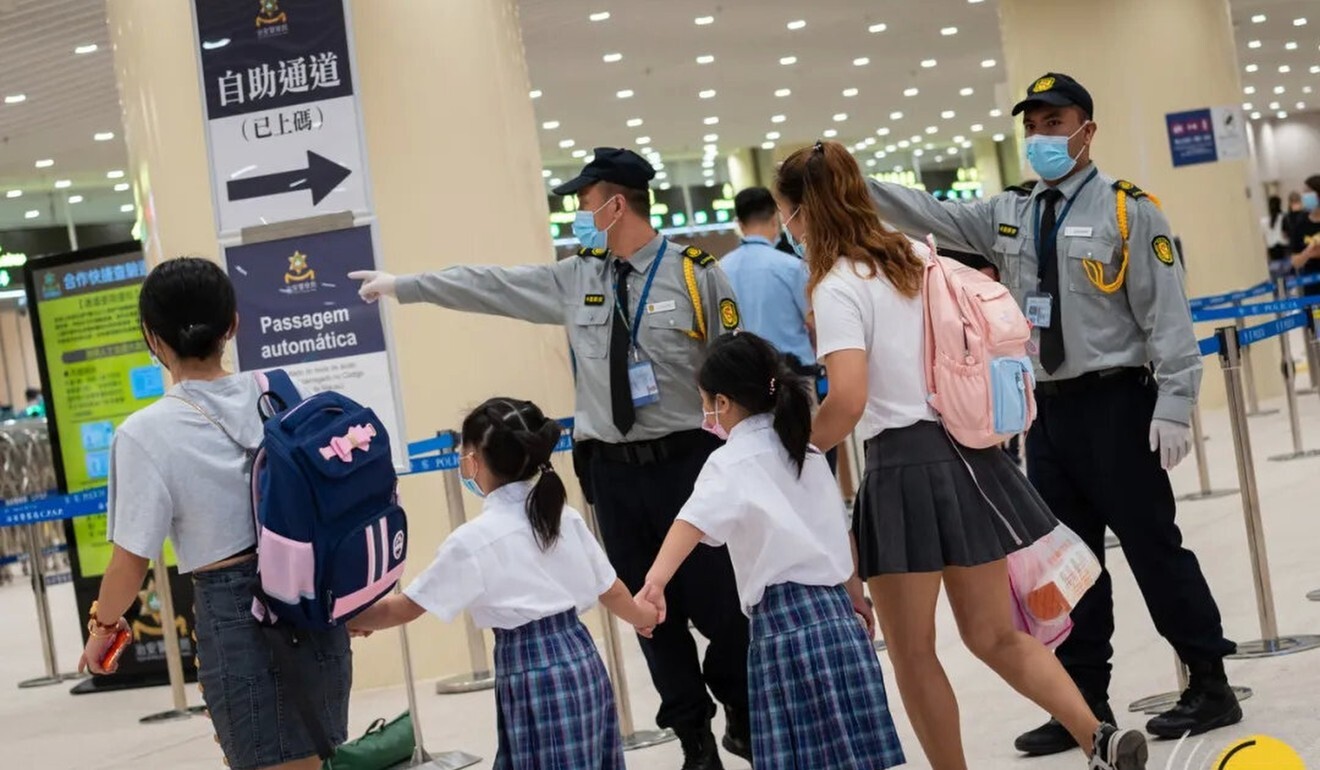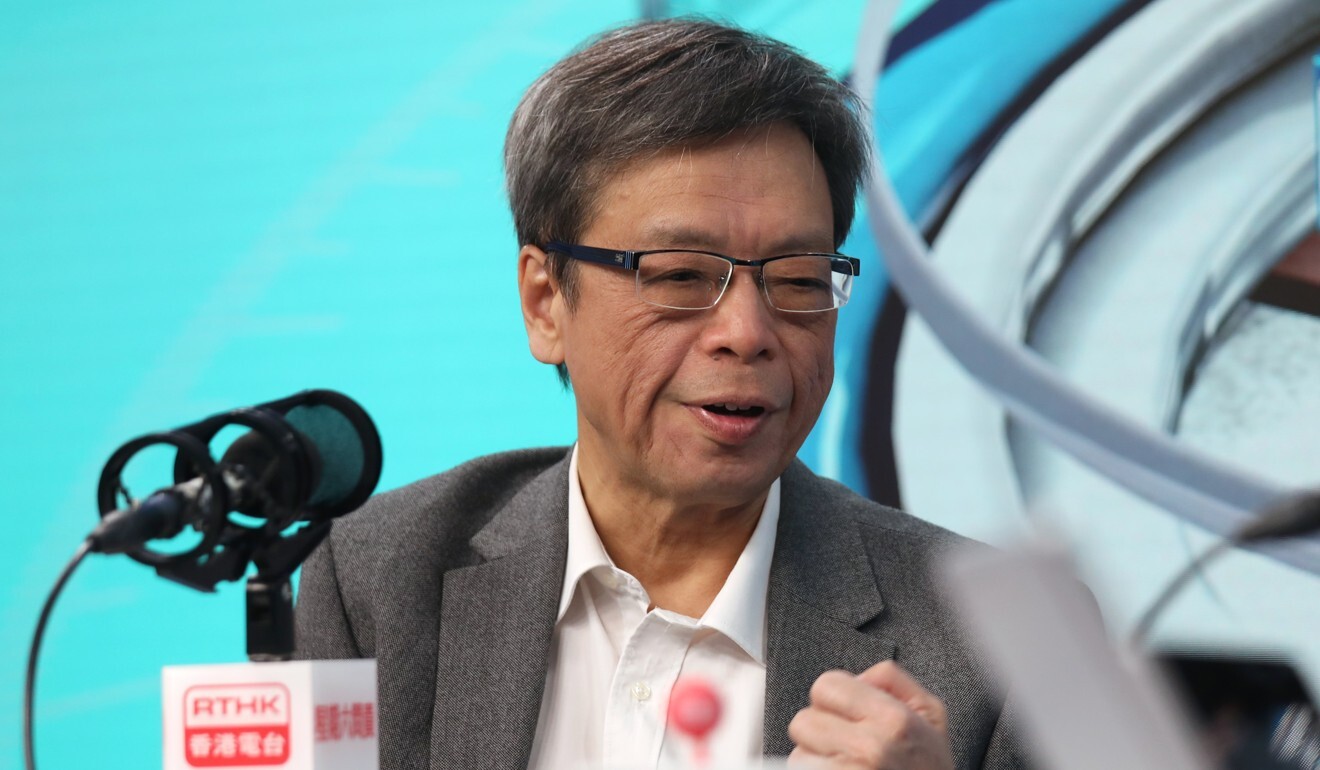
Explainer | Coronavirus: Hong Kong was told to learn from Macau’s model. Here’s what the casino hub is doing to fight Covid-19
- Macau has a QR code system, much like mainland China, which indicates a person’s level of risk based on health, close contacts and travel history
- But Hong Kong expert sceptical as the casino hub has itself experienced sporadic outbreaks since August
The Post examines the approach adopted by Macau and to what extent Hong Kong can follow suit.
What is Macau doing to fight Covid-19?

02:14
China, IOC to ban overseas spectators from 2022 Olympic Winter Games
Those arriving from most foreign countries need to undergo either 21 or 28 days in centralised isolation and carry out another week of self-management. However, those who have visited India, Pakistan, the Philippines, Nepal or Brazil must complete up to 35 days of quarantine.
China wants to keep health codes after the pandemic but users aren’t so sure
A green code means the individual does not have coronavirus risks, while yellow indicates symptoms or distant contact with a Covid-19 patient. Red means infection, suspected infection or close contact with a confirmed case. Such information is updated daily.
People entering major public venues, such as health care facilities, large shopping centres and restaurants, are required to display the health code.
The city has also taken an aggressive approach to universal Covid-19 testing. In late September, Macau called for its residents to take a virus test within three days, after two cases linked to imported infections were recorded. Schools suspended classes or face-to-face sessions for about a week, and exhibition venues were temporarily closed.
It was the second citywide screening in the space of two months, following a previous round of mass testing in early August after a family of four had been infected with the Delta variant.
What is the latest status at the border between Macau and mainland China?
A quarantine-free travel arrangement was in place between Macau and the mainland for much of last year, with Guangdong province having removed the isolation requirement since July 2020. Mainland travellers were also allowed to enter the city without quarantine since September last year.
From September 26, however, arrivals from Macau to Zhuhai – its neighbouring city on the mainland – are now required to undergo 14 days of quarantine after infections were recently detected in the casino hub.

Why is Hong Kong looking into measures adopted by Macau?
Hong Kong has maintained a low rate of Covid-19 infections, with the last local case recorded in mid-August. Since then, all cases have been imported, with fewer than 20 daily infections logged.
Its quarantine measures are also known to be among the toughest in the world.
At the moment, only travellers under the city’s “Return2HK” and “Come2HK” schemes can enter from the mainland without quarantine. However, Hongkongers visiting the mainland still need to be isolated after crossing the border.
At a meeting with mainland officials in Shenzhen to explore the possibility of reopening the border, Hong Kong’s delegation was told that “some things are missing” in the city’s approach to fighting the pandemic, and there could be lessons learned from Macau’s experience.
Are measures adopted by Macau feasible in Hong Kong?
Hong Kong is currently reviewing measures to boost the chances of reopening the border, such as tightening quarantine exemption rules and sharing data on residents’ risk exposure to the virus with the mainland. It is also considering more stringent criteria for testing Covid-19 patients and their subsequent hospital discharge.
Hong Kong looking to procure world’s first Covid-19 pill
Respiratory medicine expert Dr Leung Chi-chiu remained sceptical, however, on the utility of the health code and universal testing in combating the coronavirus, as Macau had also experienced sporadic clusters of cases in the community since August.
“There isn’t a system that is foolproof. Even the system adopted by the mainland is also not totally free of problems,” Leung said. “Each place will need to draft its own epidemic control measures based on the situation on the ground.”

He suggested curbing residents’ movements during a universal testing exercise, but conceded that would be hard to achieve in Hong Kong.
Leung also said the city’s Covid-19 risk exposure notification app, “Leave Home Safe”, could include more functions.
“Can there be [a function] to let people obtain a Covid-19 risk code for crossing the border … and let the mainland authorities continue to trace [their travel history]?” he said.
Despite the stringent measures in place, Macau’s Chief Executive Ho Iat-seng on Friday apologised to residents after its border with Zhuhai could not be fully reopened on National Day as expected.
Guangdong authorities raised the entry threshold for Macau residents after detecting infections linked to cases in the city.
Ho said the action caught Macau off guard as it showed Guangdong suspected the city had yet to contain the outbreak and that there could still be risks to the province.

